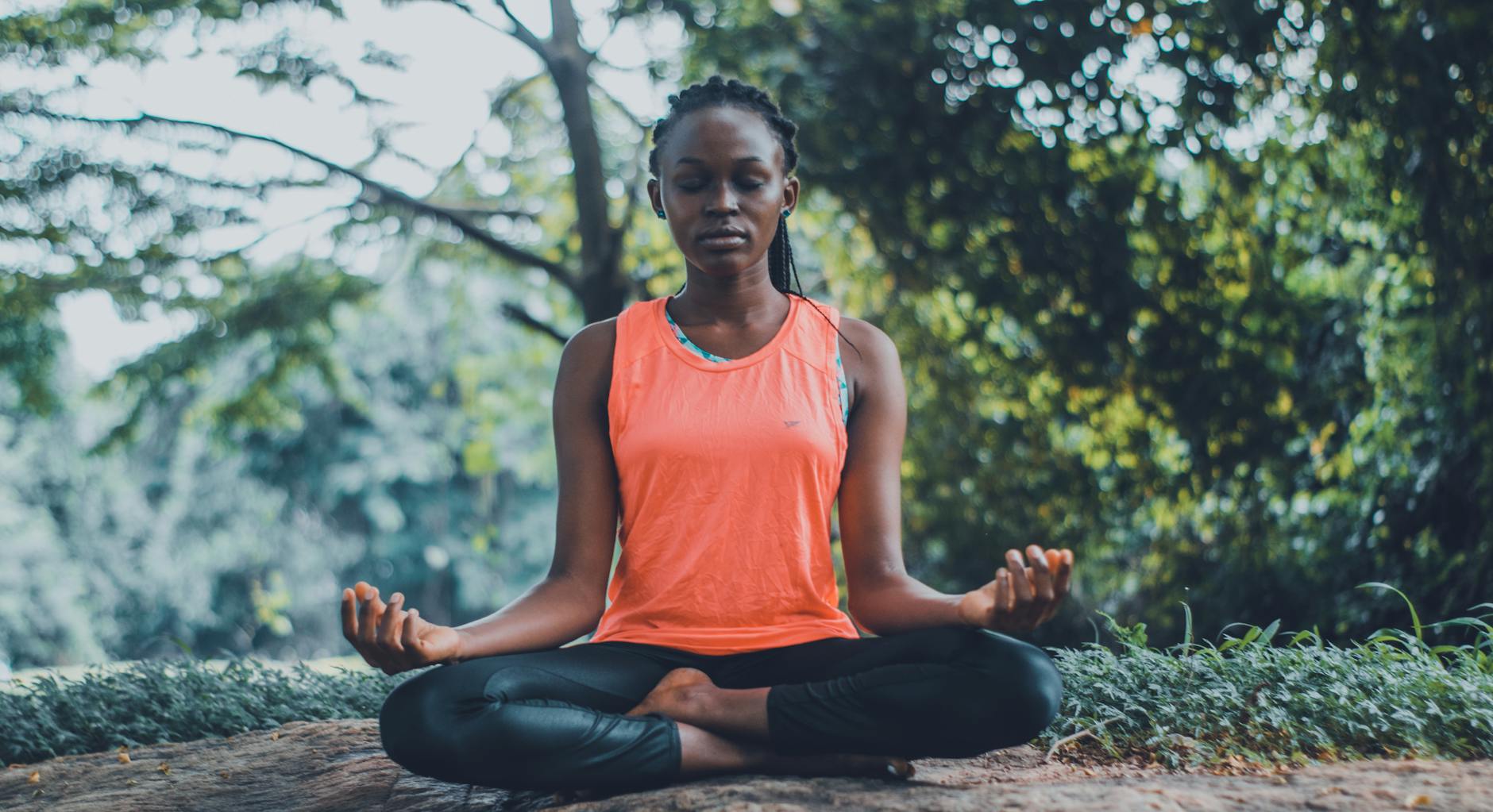Living in a fast-paced and demanding world, it’s common to experience stress and anxiety at different points in our lives. While these feelings are natural responses to challenging situations, prolonged or overwhelming stress and anxiety can have negative effects on our physical, emotional, and mental well-being. Learning effective strategies to manage stress and anxiety is essential for maintaining a healthy and balanced lifestyle. Here are some tips and techniques to help you cope with stress and anxiety:
1. Identify Triggers:
– Recognize what triggers your stress and anxiety. It could be certain situations, events, thoughts, or even physical sensations.
– Keep a journal to track your triggers and patterns of stress and anxiety. Understanding the root causes can help you develop effective coping strategies.
2. Practice Mindfulness:
– Mindfulness techniques, such as deep breathing, meditation, and body scans, can help you stay present and grounded in the moment.
– Take time each day to practice mindfulness and focus on your breath, sensations, or surroundings. Mindfulness can help reduce anxiety and promote relaxation.
3. Stay Active:
– Engage in regular physical activity to reduce stress and anxiety. Exercise releases endorphins, which are natural mood boosters.
– Find activities you enjoy, whether it’s walking, yoga, dancing, or playing sports. Aim for at least 30 minutes of exercise most days of the week.
4. Prioritize Self-Care:
– Take care of your physical and emotional needs. Get enough sleep, eat a balanced diet, and stay hydrated.
– Make time for activities you enjoy, such as reading, hobbies, or spending time in nature. Self-care is essential for managing stress and anxiety.
5. Establish Boundaries:
– Set boundaries with work, relationships, and commitments. Learn to say no to things that overwhelm you or do not align with your priorities.
– Create a healthy balance between work, personal life, and relaxation. Boundaries can help reduce stress and prevent burnout.
6. Seek Support:
– Reach out to friends, family, or a therapist for support. Talking about your feelings can help alleviate stress and anxiety.
– Join support groups or online communities where you can connect with others who may be experiencing similar challenges.
7. Practice Relaxation Techniques:
– Explore relaxation techniques such as progressive muscle relaxation, guided imagery, or aromatherapy.
– Dedicate time each day to relax and unwind. Listen to calming music, take a warm bath, or practice relaxation exercises to reduce stress.
8. Challenge Negative Thoughts:
– Identify and challenge negative thought patterns that contribute to stress and anxiety. Replace negative thoughts with positive affirmations or realistic perspectives.
– Cognitive-behavioral techniques can help you reframe negative thinking and cultivate a more positive mindset.
9. Limit Stimulants:
– Reduce your intake of stimulants such as caffeine, alcohol, and tobacco, which can exacerbate anxiety symptoms.
– Pay attention to how these substances affect your stress levels and consider reducing or eliminating them from your routine.
10. Practice Gratitude:
– Cultivate a gratitude practice by focusing on the positive aspects of your life. Keep a gratitude journal or take time each day to reflect on things you are thankful for.
– Gratitude can shift your perspective, increase resilience, and promote a sense of well-being in the face of stress and anxiety.
Managing stress and anxiety is a journey that requires self-awareness, practice, and patience. By incorporating these strategies into your daily routine, you can develop effective coping mechanisms to navigate stressors and promote a sense of calm and balance in your life. Remember that seeking professional help is also a option if stress and anxiety become overwhelming or interfere with your daily functioning. Prioritize your well-being and take proactive steps to manage stress and anxiety for a healthier and happier life.



